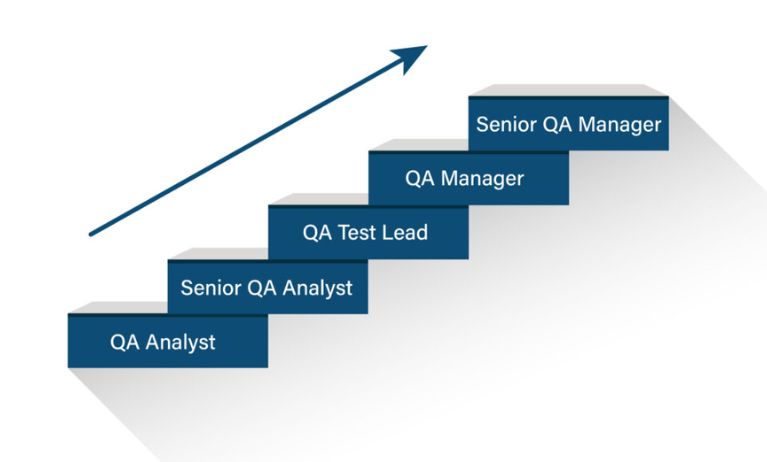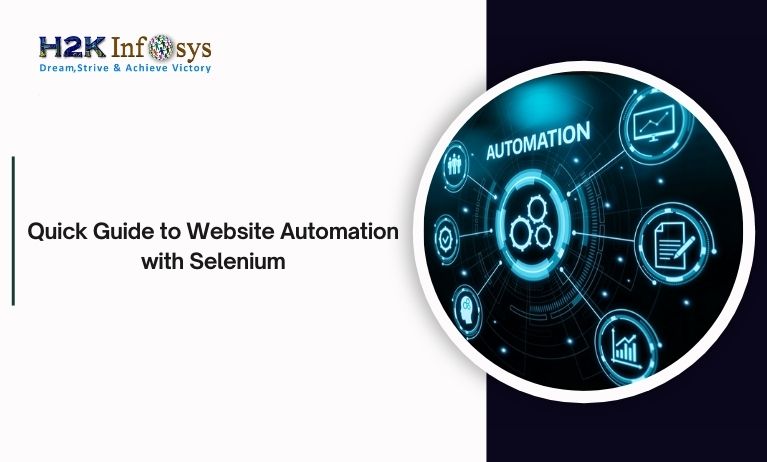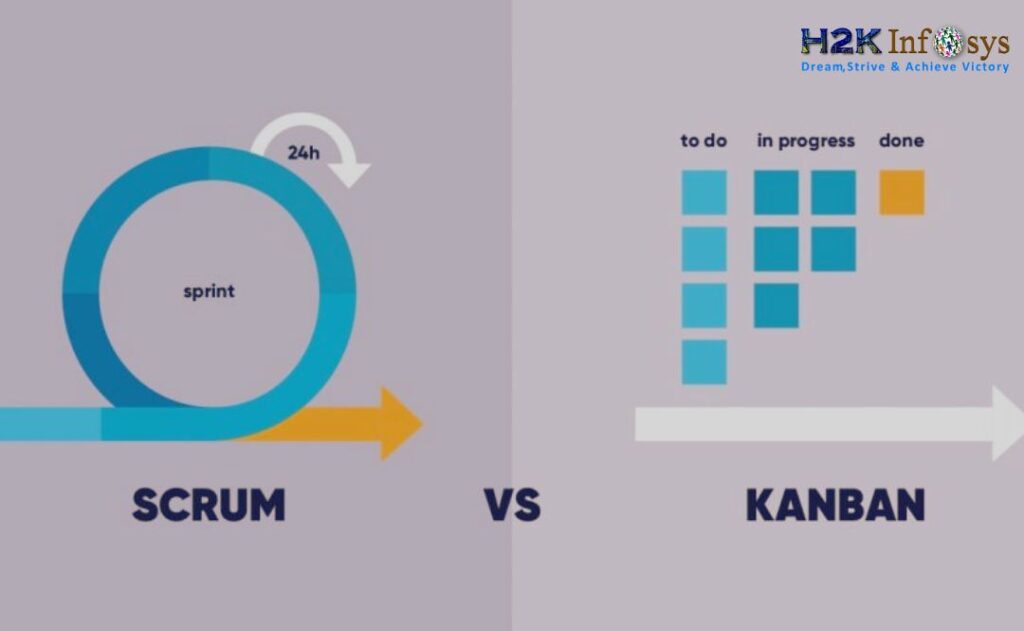The effective management of big data is the need of every business. The amount of data each business produces is immense. For the same reason, traditional approaches like RDBMS are not efficient to handle the enormous data sets and provide the insights needed for the business. Hence, learning how to manage and provide insights for business gives a competitive edge over other developers. There are plenty of opportunities to do big data training online and grow your career in today’s world.
What is the Hadoop Eco-System?
If you are looking for a perfect platform to handle big data management problems, that means probably you have not tried Hadoop. It is the ideal solution for all of the issues. The Hadoop ecosystem comes with various services and tools to help big data practitioners. In the Hadoop ecosystem, there are four significant elements: they are MapReduce, HDFS, Hadoop Common, and YARN. These elements are adequately supported by other tools and solutions to facilitate absorption, storage, analysis, and big data sets maintenance.
Components of Hadoop Eco-System
HDFS
HDFS is a vital component of the Hadoop ecosystem. It helps store the massive amount of structured and unstructured data across several nodes and maintain the metadata in log files form.
HDFS comes with Name node and Data nodes. The name node consists of metadata, and since it stores the data about data, it requires a significantly less amount of resources. On the other hand, Data nodes store the actual data, requiring more storage and resources. Data nodes use the distributive environment and make this platform cost-effective.
Additionally, HDFS is responsible for coordinating between the hardware and clusters and works as a center of the Hadoop ecosystem.
YARN
YARN is a resource negotiator, and it aids in managing resources across many clusters. To be precise, it looks after resource allocation and scheduling in the Hadoop system. YARN comprises the Resource Manager, Application Manager, and Nodes Manager. The Resource Manager is responsible for allocating resources for applications; Node Managers regulates the allocation of memory, CPU, bandwidth. The interface job between the node manager and resource manager is taken care of by the Application Manager.
MapReduce
It uses parallel and distributed algorithms, facilitates the processing logic, assists developers in writing applications, and converts big data records into a manageable one. If you opt for big data online training, you can learn all these things from the industry specialists.
MapReduce, as the name denotes, carries out two tasks – Map and reduce. The Map helps to sort and filter the data sets and organize them in groups. As the name says, reduce help to summarize the massive data. In short, it takes the output from the Map and converts those tuples to various smaller tuples sets.
PIG
It is similar to the SQL- a query-based language, and Yahoo develops it. It facilitates the structuring of data set flow, analyzing, and processing large data sets. It executes commands, and it takes care of all the activities of MapReduce in the background. Once processing is completed, it stores results in HDFS. Pig allows programming and optimization in the Hadoop ecosystem, and as a result, it is a significant component in Hadoop.
HIVE
It uses the SQL methodology and interface to perform writing, reading activities of extensive data. It also has its query language, and it is known as Hive Query Language. It provides a high scalability feature to the Hadoop ecosystem by allowing batch processing and real-time processing. Additionally, it supports all SQL data types. It makes the data query process smooth. It consists of HIVE command Line and JDBC Drivers, just like other Query Processing frameworks.
Mahout
It allows machine learning to application and system. It helps the system to create programs itself by observing historical patterns.
Apache Spark
Apache Spark is a platform where all process-related tasks are taken care of. It facilitates real-time processing, batch processing, graph conversions, etc.
Apache HBase
Apache HBase is a NoSQL database and supports all data; consequently, it can handle all the data sets in Hadoop Database.
Along with these components, Hadoop supports numerous elements to make the data processing job easier. So, to become a professional in big data processing, you need to learn about Hadoop. If you are a beginner, you can enroll to learn big data for beginners courses and know all about the Hadoop ecosystem.




























